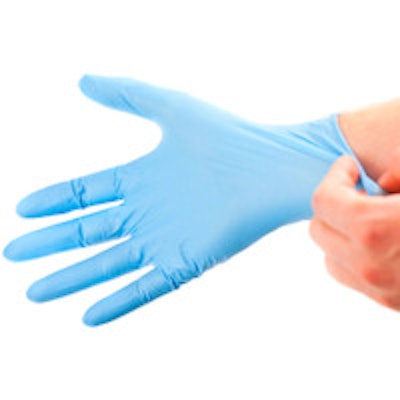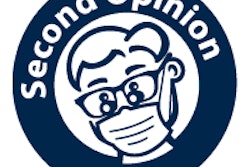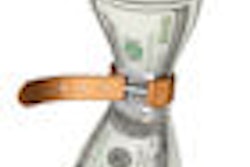
The last few years have witnessed a growing problem in the dental industry that has long been an issue in the consumer goods sector: the manufacturing of counterfeit, imitation products.
Counterfeit goods account for 5% to 9% of all global trade, representing $450 billion, according to the Organisation for Economic Co-operation and Development (OECD). More than 70% of counterfeit products seized by U.S. customs come from China. Counterfeiting costs manufacturers significant revenue and puts thousands of jobs at risk.
What does this mean for dentists? Every dental practice has two principal objectives: to comply with the Hippocratic oath, and to operate profitably and efficiently. So it is understandable that practices would seek to keep costs to a minimum when purchasing dental products. This is why many practices are now turning to wholesale and discount platforms such as Amazon and eBay, where they hope to find the same product at a lower price.
However, the difficulties of regulating online marketplaces mean that buyers often run the risk of purchasing counterfeit and potentially hazardous products. There are many dangers for dentists here. If they use seemingly cheaper yet lower quality products, such as disposable gloves, surgical sponges, or mixing tips; there is a greater likelihood of failure; and any supposed savings soon disappear.
In many cases, products show defects before they have even been used, but these defects cannot be seen when buying online:
- Gloves are too thin or have holes.
- Mixing tips are incompatible with their cartridges.
- Surgical sponges are not sterile due to defective packaging.
The use of these products can also jeopardize patient health:
- Gloves tear in the patient's mouth.
- Mixing tips break off from cartridges when cements are applied in the mouth.
- The surgical sponge string comes loose during removal from the patient's mouth.
Actively jeopardizing patient health can have serious repercussions for practices. Should any cases of this kind become public, they will have a major impact on the dentist's reputation.
Risks and side effects
Simply purchasing counterfeit goods in the U.S. can cause liability. U.S. customs regularly seizes shipments of counterfeit dental products, and the importer faces destruction of the goods and/or fine and penalty.
Even if legal proceedings are not taken against dentists or practices, there is still a very real chance that use of counterfeit products will harm their image and reputation. Today, rating sites and social media platforms mean it is very easy for patients who have been improperly treated to share negative feedback with a wide audience.
According to a survey by the marketing specialists 1-800-DENTIST, online ratings play an increasingly important role in the public's choice of dentists. While three years ago, 53% of patients claimed they were influenced by online assessments, that figure has now grown to more than 70%. Ratings from other patients are considered just as important as evidence of the dental practitioner's technical expertise.
Therefore, it is more important than ever for dentists to build a solid online reputation and work to actively maintain it.
With a little online research and by heeding just a few tips, dentists can effectively protect themselves against counterfeiters. Many manufacturers incorporate visible hallmarks into their trademarked products. Examples include seals, colors, and protected, easily recognizable shapes. To ensure the purchase of high-quality and trademarked products, dentists should order them via specialized dental trade, avoid discount online platforms, and be especially suspicious of discount products made in China.
By learning just a few of these clear identifiers, dentists and their buyers can help secure their livelihood, their business, and, most important, their patients' health.



















